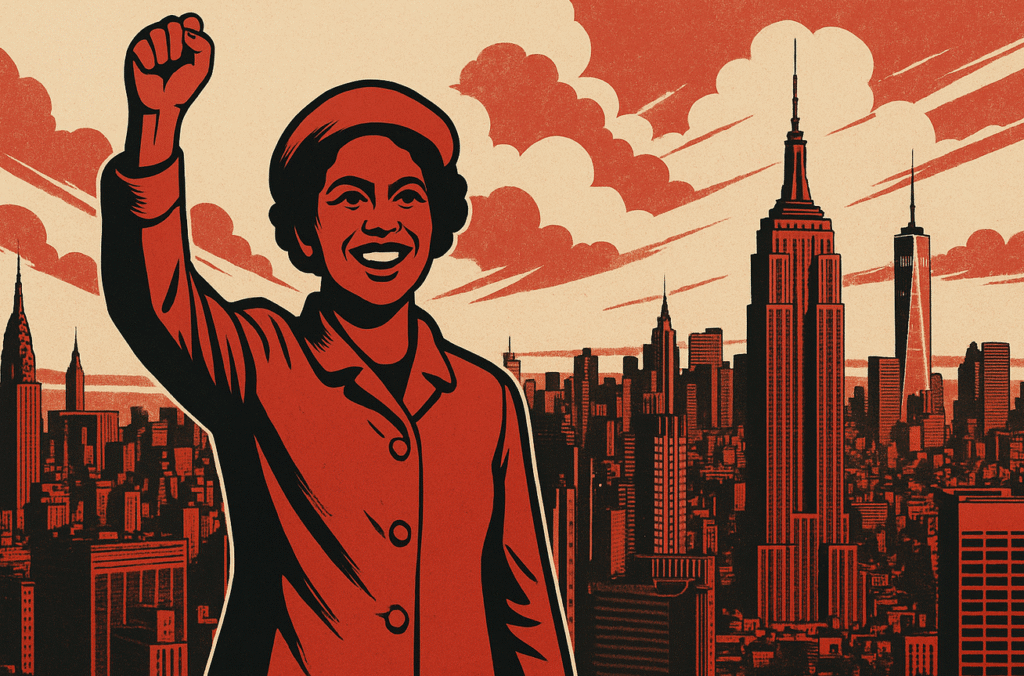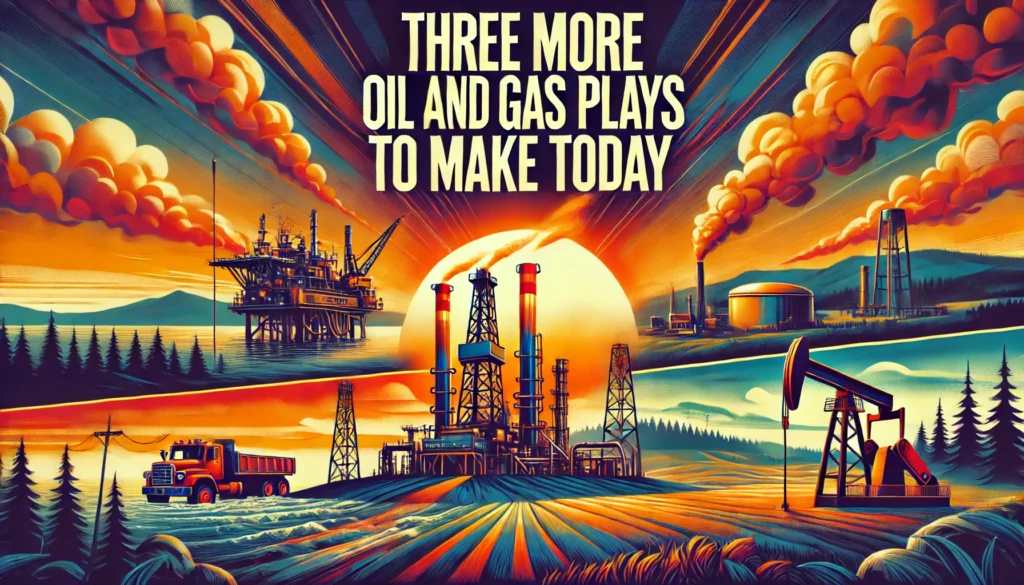- The socialist won…
- The moral case for free markets…
- Can you imagine stock market wins 138 times bigger than Nvidia? If you’re like most people, probably not. But then again, most people haven’t seen this report. But you can see it right now by clicking here.
Dear Reader,
I see that Mr. Mamdani — a professed democratic socialist — has won the mayoralty of New York City.
He campaigned on pledges to reduce living costs.
This he would achieve through rent controls, “affordable” housing, fare-free busing, “no-cost” childcare, city-owned grocers… to cite some examples.
Should he pursue them once he takes occupation of Gracie Mansion… he will almost certainly fail.
He is far likelier to elevate living costs rather than depress them.
That is because socialist economics are self-sabotaging. While they promise abundance, they deliver scarcity.
What if Socialism Worked?
Yet today I revisit a question I have raised before:
What if socialism worked? What if — despite all the angels and saints — socialism outproduced capitalism?
Should the United States take up socialism on pragmatic grounds of efficiency?
Or should it refuse the transaction on abstract grounds of principle? Should it cling to its Jefferson and his notions of limited government?
The United States erected itself, after all, upon the hard granite of economic liberty.
Or would today’s crop of Americans dynamite that bedrock if socialist economics excelled capitalist economics?
Capitalism Works
Read any “free market” economic literature you please.
Therein you will discover thundering defenses of free market capitalism. What unites them all?
The answer is efficiency. It is capitalism’s capacity to produce a superior quantity of goods for the greatest quantity of humans.
Free market capitalism simply “delivers the goods.” Collectivist economic systems do not.
Thus efficiency is capitalism’s Gibraltar, its Matterhorn.
The capitalist argues that Marxism’s “from each according to his ability, to each according to his needs” is economic moonshine.
And he is correct.
A man will sweat and toil fantastically to better his lot. He will not — however — sweat and toil fantastically to improve his neighbor’s lot.
The socialist may label this man “selfish.” The socialist may decry his “greed.”
Yet you must take this man as you find him, says the Adam Smith disciple… not as you would prefer him.
Only when he is allowed his unobstructed pursuit of self-interest will he produce.
And when he produces, he enriches society.
Muzzle his material ambitions and you stifle his productive energies.
His nonproductivity impoverishes society.
Price Controls
Meantime, the free marketeer argues that government-imposed price controls are economically lethal.
That is because they overturn capitalism’s beautiful incentive structure. Thus they result in goods shortages.
Imagine a socialist government wishes to reduce widget costs for its poor beset population.
It decrees that private enterprise peddles its widgets at a price-controlled $1.
Yet private enterprise may only take a profit — perhaps even a bare profit — at $2 the widget.
Why would private enterprise produce widgets at a loss? It would not.
And so it does not produce them at all. Thus consumers must go without widgets.
All because compassionate government acted to reduce widget costs.
Apply this one example of government intervention across all industries. The identical result obtains.
A Recipe for Unemployment
Relatedly, minimum wage requirements work at self-destructive purposes.
They reduce employment because they compel employers to mete out wages that exceed an employee’s value.
Why would a McDonald’s pay an employee $15 the hour… when his workplace contributions justify only $7 the hour?
In the absence of minimum wage legislation, McDonald’s may take this fellow on. In the presence of minimum wage legislation, it will not.
And so this poor, unskilled fellow must throw himself upon public relief. Or he may resort to unlawful activities to scratch by.
In each instance he burdens society.
I note, incidentally, that Mr. Mamdani intends to elevate New York City’s minimum wage to $30 by 2030.
“You’re All a Bunch of Socialists!”
In summary, the free marketeer takes his stance for capitalism — his pragmatic stance for capitalism.
Yet is he truly for economic freedom?
The great “Austrian” economist Ludwig von Mises once stormed from a meeting of free market economists.
Tax policy was under discussion. The free market economists pondered how government could collar the highest tax revenues without injuring the free market.
At one point Mises raged, “You’re all a bunch of socialists!”
A bunch of socialists? How can a bunch of free market economists be socialists?
After all: These were men against price controls, minimum wage laws and the rest.
They knew their Smith. They knew their Friedman. They knew their Hayek.
And capitalism’s invisible hand? It was visible to them.
Capitalism Shouldn’t Empower Government
Yet as Mises scholar Lewellyn Rockwell explains:
- To Mises, this discussion presumed several wrongheaded notions. First, that the government is entitled to collect as much revenue as it can get away with collecting… that economists should be in the business of giving advice with an eye to what is best for the state… that economists should try to design measures of government interference to achieve optimal results…
- Mises thought that economists who attempted to make this possible… were acting very much like the socialists of old. It was the socialists, after all… who first conceived of economics as a science in service to the state.
I am heart and soul for free market capitalism, and declare openly for it.
I am convinced beyond all convincing that free market capitalism vastly excels the socialist system.
The Economic System of a Free People
Yet again I ask:
What if socialist economic doctrines “worked”? And what if socialism outproduced capitalism?
Should we take up collectivism on the practical grounds of greater efficiency… or should we refuse it on the abstractions of liberty?
I am for free market capitalism for one central and simple reason:
The free market system is the economic system of a free and independent people — an authentically free and independent people.
Political theorist Kenneth Minogue once noted: “Capitalism is what people do when you leave them alone.”
I am for leaving people alone… and for being left alone in turn.
Socialism will not leave you or I alone.
Hence I am against socialism. Hence I am for capitalism.
Regards,
Brian Maher
for Freedom Financial News




